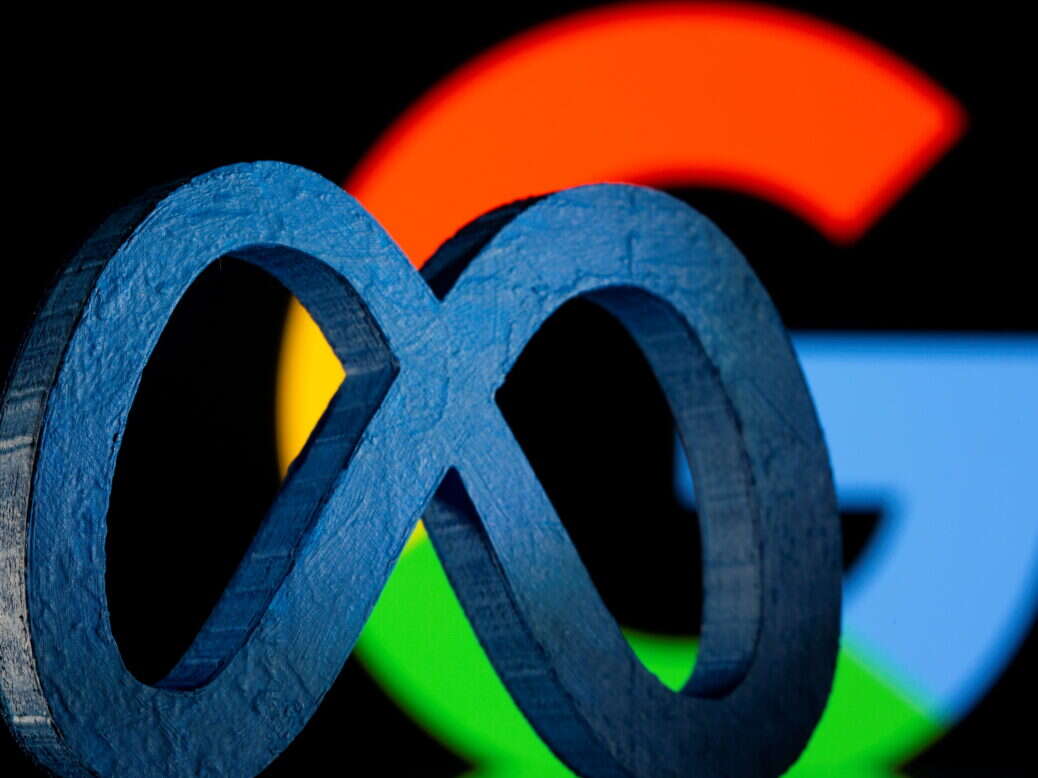
A US Senate committee has given its approval to the Journalism Competition and Preservation Act (JCPA), a piece of legislation that aims to force Google and Facebook to pay for news content.
The Senate Judiciary Committee completed its markup of the JCPA yesterday after senators Amy Klobuchar, a Democrat, and Ted Cruz, a Republican, struck a deal. Advocates of the bill feared that a proposed amendment on content moderation put forward by Cruz could scupper its progress.
According to The Hill the amended bill “includes text that says the negotiations shall be conducted ‘solely to reach an agreement regarding the pricing, terms and conditions’ and should not address how platforms display, rank or distribute content.”
Following the Senate committee vote, The Hill quoted Klobuchar, a major advocate and sponsor of the bill, as saying: “Platforms like Facebook and Google are counting on Republicans and Democrats being unable to put aside their differences to agree on meaningful legislation in the tech sector. This is our moment to prove them wrong.”
Cruz said: “Big Tech hates this bill. That to me is a strong positive for supporting it.”
David Chavern, chief executive of the News/Media Alliance, said: “Today’s markup and vote was a major step towards getting small and local news publishers the fair compensation they deserve for their content.” He now wants the bill to be brought before the House Judiciary Committee for a vote next week, “likely the last opportunity to move the JCPA out of Committee before the midterm elections”.
The JCPA, like Australia’s News Media Bargaining Code, would effectively force Google and Facebook to negotiate cash-for-content deals with news publishers. It would allow news companies to band together to collectively negotiate with technology giants.
Following recent amendments to the proposed legislation, news organisations with 1,500 or more employees – in effect, The New York Times, Washington Post and Wall Street Journal – do not qualify.
Australia’s News Media Bargaining Code passed into law in early 2021. It is believed to have resulted in publishers striking licencing deals with Google and Facebook worth more than AU$200m a year. The governments of several other countries, including Canada and the UK, are working on introducing similar legislation.
Picture: Reuters/Dado Ruvic/Illustration
Email pged@pressgazette.co.uk to point out mistakes, provide story tips or send in a letter for publication on our "Letters Page" blog
